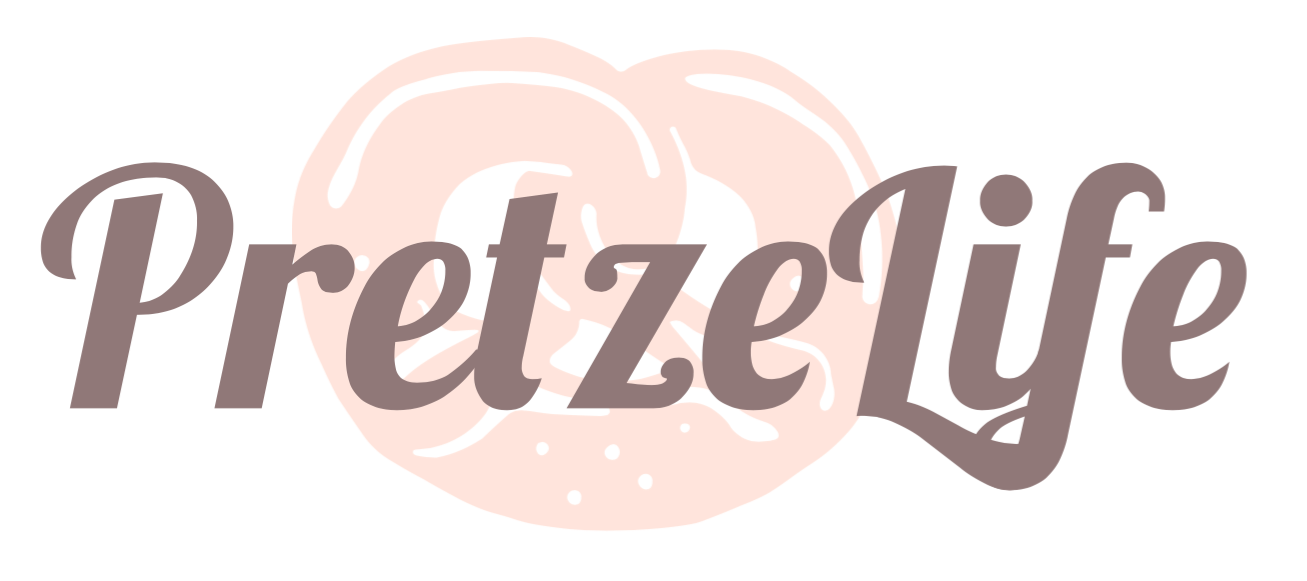Paper Clutter – What to Keep or Toss and Organize!
In today’s digital world, it can feel like paper clutter is a thing of the past. But the truth is paper still has a place in our daily lives, and it can quickly get out of hand if not managed properly. It can be overwhelming, time-consuming, and stressful to deal with, but it doesn’t have to be that way. With the proper guidance, you can get your paper clutter under control and keep it that way.
This ultimate guide to organizing paper clutter will show you exactly how to do that. We’ll discuss how to decide what to keep, toss, shred or digitize and provide tips on how to keep your paper clutter organized and controlled. By the time you’re done reading this guide, you’ll have the knowledge and the tools to take control of your paper clutter and keep it that way. So get ready to get organized and take control of your paper clutter!
Contents
Benefits of Organizing Paper Clutter
There are many benefits to organizing paper clutter. The most obvious is that it can help you save time and energy. Paper clutter can be incredibly time-consuming to deal with, especially if you have a large amount of it. Digging through piles of papers to find what you’re looking for, filing papers that you need to keep, and tracking down documents that you’ve misfiled can be extremely frustrating and time-consuming.
Paper clutter can also be stressful and lead to feelings of overwhelm. If you have a lot of papers lying around your house, they can be very distracting and make it feel very cluttered. Paper clutter can also cause you to lose important documents because they’re buried under piles of papers. Organizing and digitizing your papers can help prevent all of these things from happening.

What Paper Clutter to Keep, Toss/Shred or Digitize
There are a few different ways to determine what to keep and what to toss or shred. Here are a few questions you can ask yourself:
- What is the purpose of this document? – Is the document something you’ll need for your taxes, insurance, or medical records? If so, it would be worth keeping. But if it’s an old receipt for something you no longer have or a magazine subscription you’ve long since forgotten about, you should consider tossing it.
- How important is this document to you? – Is this document something you love, like an engagement or wedding invitation, or is it something you need, like a birth certificate? If it’s something you love or need, it’s worth keeping.
How to Decide What Paper Clutter to Keep
What papers do you have? – This can be anything from bills, receipts, magazines, etc. Get it all together. Then create two bins; a keep and a toss bin.
What papers are needed? –According to the IRS, you must keep tax returns and any supporting documentation for 3 years when you file and pay your taxes. Keep tax records longer for a claim of loss, income not reported, or if not filing a return. Visit https://www.irs.gov/businesses/small-businesses-self-employed/how-long-should-i-keep-records for more details.
Suze Orman is a wonderful resource for knowing how long to keep personal records. She advises keeping paycheck stubs, utility bills, credit card receipts, bank statements, and investment statements for one year. In addition to Income tax returns with supporting documents, keep medical bills and canceled insurance policies, records from selling a house or stocks, and annual investment statements for three years. Keep records from satisfied loans for seven years. The following will be kept while they are active: contracts, insurance documents, stock certificates, property and stock records, pension and retirement plans, property tax records for disputed bills, and home improvement records. Finally, we get to the keep-forever pile, including marriage licenses, birth certificates, wills, adoption papers, death certificates, and records of paid mortgages.
What papers are sentimental? – These are items that are important to you or a loved one. For example, if you have an engagement announcement, you may want to keep it. If you have an old invitation to a party from high school, you may want to toss it.
What papers are essential? – These are papers that are relevant to you, your career, education, or taxes. You’ll want to keep these papers.
Tips for Tossing or Shredding Documents
Once you’ve sorted through your papers and decided what to keep and what to toss, you’ll want to shred or toss the documents you’ve decided to get rid of. When determining how to throw away your papers, think about how long they have been in your possession and if they have sensitive information. If the documents are old, you may want to just toss them as long as there is no personal information on them. If they have sensitive information, you’ll want to shred them. You can shred your papers by hand, in a cross-cut paper shredder, with a digital paper shredder, or by burning them. This will prevent anyone from accessing personal information and using it against you.
Digitizing Documents
If you’ve decided to eliminate some of the paper clutter remaining after sorting out what could be tossed, it can be helpful to digitize those documents. This will allow you to access the information from anywhere. There are a few ways you can digitize your paper clutter. You can scan or take photos of the documents to save on a computer. This is a great way to store important documents that you may need in the future, like receipts. The only downside to this method is that you are holding the documents on your computer, so you’ll need to keep the computer secure and backed up.

Tips for Keeping Paper Clutter Organized
Now that you’ve dealt with all the papers you have, it’s time to focus on keeping them organized. There are a couple of ways to keep your paper clutter organized by setting up a filing system and using a digital organizing tool.
Set Up a Filing System:
This is a great way to keep your papers organized without cluttering your house. You can set up a filing system for all your documents or just the ones you need to save for an extended period. You can use a standard filing system, like the one used in offices, or a modified version of it. Notebooks or accordion folders work well when tight on space.
Use a Digital Organizing Tool:
You can use a digital tool to keep all your papers organized. These tools can work on your computer, smartphone, or tablet and help you keep track of your documents, including bills and receipts. A few of the more popular apps are Google Drive, Dropbox, and One Drive. This allows you to go paperless, maintaining your files in a cloud storage with access anywhere online.
One Touch Method:
Finally, using the one-touch method, when the paper comes into your home or office, take care of it right then. Don’t allow another pile to begin! Toss the trash, file the keepers or scan them into your cloud storage.

Organizing paper clutter is an essential part of staying productive and efficient, and it’s something we should all strive to do. With this guide, you learned how to minimize the clutter, organize your paper in a way that works for you, and get back to focusing on the things that matter most. So get organized for 2023 and take control of your paper clutter! Make the most of these tips by starting with the paper you have on hand. Tackle one filing drawer or stack of papers at a time – don’t try to do everything at once!



